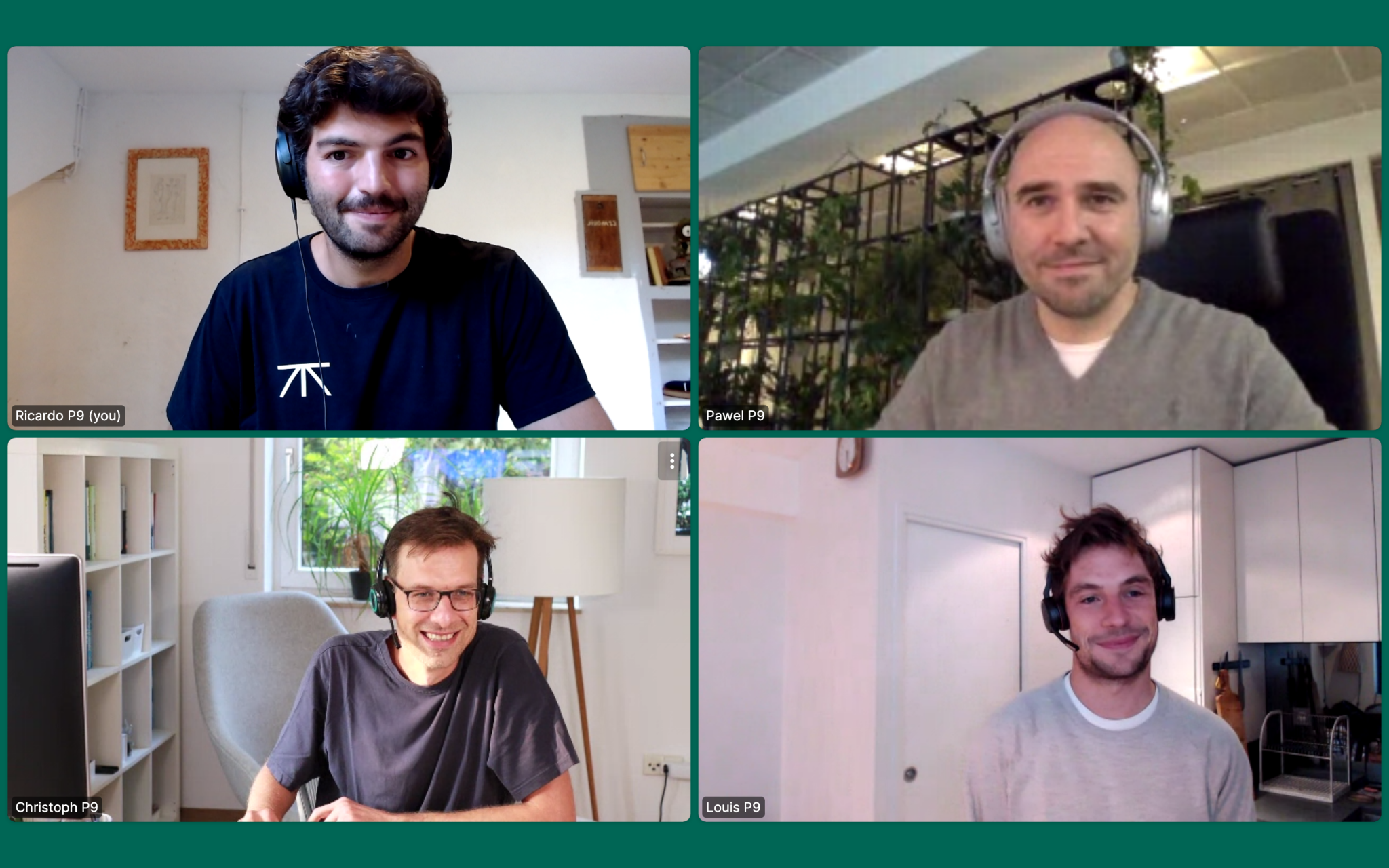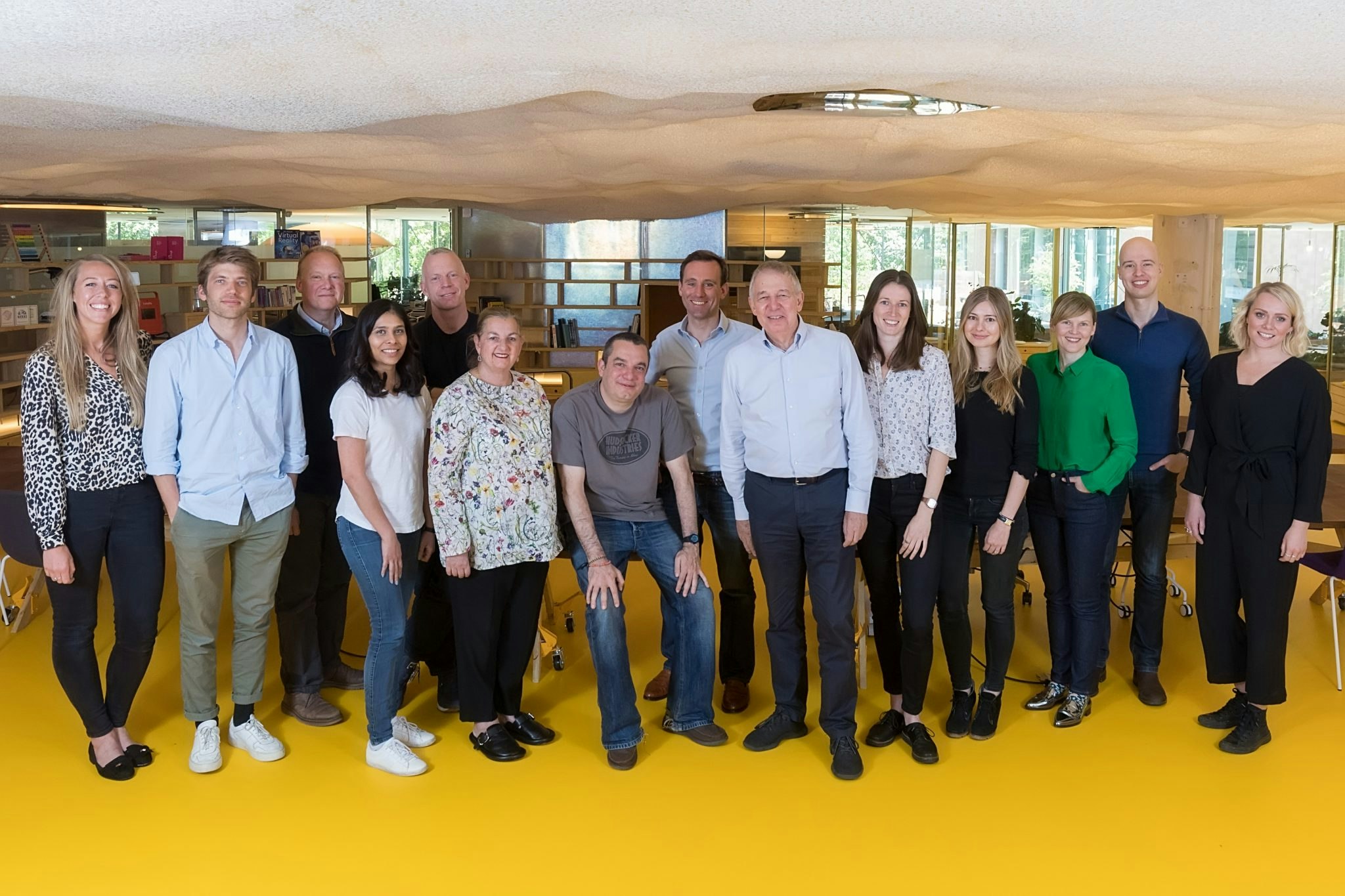To go out and fundraise as a first-time founder is really freaking hard.
And reading investors’ mysterious signals is one of the toughest challenges. If you get it wrong, it can end up costing you your entire company.
In 99% of cases, investors act nice and friendly in meetings and seem positive about your startup. They are professionals who want to build relationships; it’s part of their job.
During a meeting they might say, “This is interesting, it fits into our strategy,” or they might even say, “We could maybe invest €1m."
However, somewhere around here the intentions get lost in translation — and founders take that friendliness and discussion of possibilities as a commitment.
They think, “It’s done, investor on board!”
And then they make a big mistake: they stop talking to other investors.
Kiss a lot of frogs
I’ve seen founders wait out the two-to-three months fundraising process with one investor at a time until they have no more runway left. It’s painful to see — so let me share some VC secrets with you, based on my own experience inside a VC firm.
A real investment process couldn’t be any more different to what you see on TV’s Dragons’ Den. Thousands of founders pitch in to join the TV show, and once you’re in front of the investors there are two scenarios.
Either the investors praise you and invest… or, they don’t like what you offer and can be painfully honest about it.
Startup founders in Europe looking to raise capital from traditional investors face a very different process.
It’s quite easy to get into the room with the investor and have a friendly meeting.
In reality, it’s quite easy to get into the room with the investor and have a friendly meeting. What is hard is taking a couple of investor meetings and turning that into a term sheet.
Let me explain with some data. The German VC fund Speedinvest shared its deal flow data for 2019. There, we find some interesting facts to guide founders through the opaque investment process.
Speedinvest received 1,422 pitch decks in 2019. Almost half of those startups were invited for a meeting. In other words, as a founder you just need to have a pitch deck which is slightly better than the average to get on the phone with the investor!
But after that, it gets really tough. Speedinvest has a conversion rate of less than 1% from first meeting to term sheet. Those are slim odds for a founder.
From what I’ve seen, other VCs have similar numbers.
We also have some investors that seem to commit orally but never send a term sheet as expected. According to a survey of 110 founders by Christoph Janz at VC firm Point Nine, 47% of founders claim that an investor made them believe they had a deal, but never sent a term sheet. Even worse, 14% of founders have experienced an investor backing out of a signed term sheet.
As a secret columnist shared in Sifted, investors can act in horrible ways that will hurt your business.
As a founder, this is really what you should expect when you go out on your fundraising tour.
Is it me?
So why does this happen?
First of all, investors tend to be extroverts, as their job succeeds or fails based on the network of people around them.
Secondly, investors will never make a decision based on only one meeting, or even two. Investors will always be super friendly and positive to get all the information they need to make a final decision. Some of them might even be meeting you just because they want to milk you for information about the market — and end up investing in your competitor.
Getting all that information, whether from you, online, or other connections, takes time. It’s not until then that the investor can be confident enough to give you a clear “Yes” or “No.” Until that time, all that you’ll get is “Yeah, maybe!” And in most of those cases, that “Maybe” will lead to a “No, not this time.”
To be clear, I’m not talking about the investors who say “Maybe” and then you never hear from them again. That subject needs its own article.
Be unfaithful
The solution to this problem is easy, but time consuming. Even if one investor tells you maybe, and seems positive — you need to keep on meeting other investors.
Fundraising is not like dating. Go ahead and be unfaithful.
Fundraising is not like dating. Go ahead and be unfaithful. The investor is dating multiple founders in parallel — you should do the same!
It’s not until you have the engagement ring on your finger that you can truly start to settle down. And even if you have a term sheet, you still want to keep your options open. When you’ve signed the shareholder agreement and you’re walking down the aisle, then you’ll wave all other investors goodbye.



